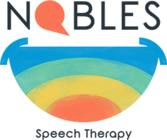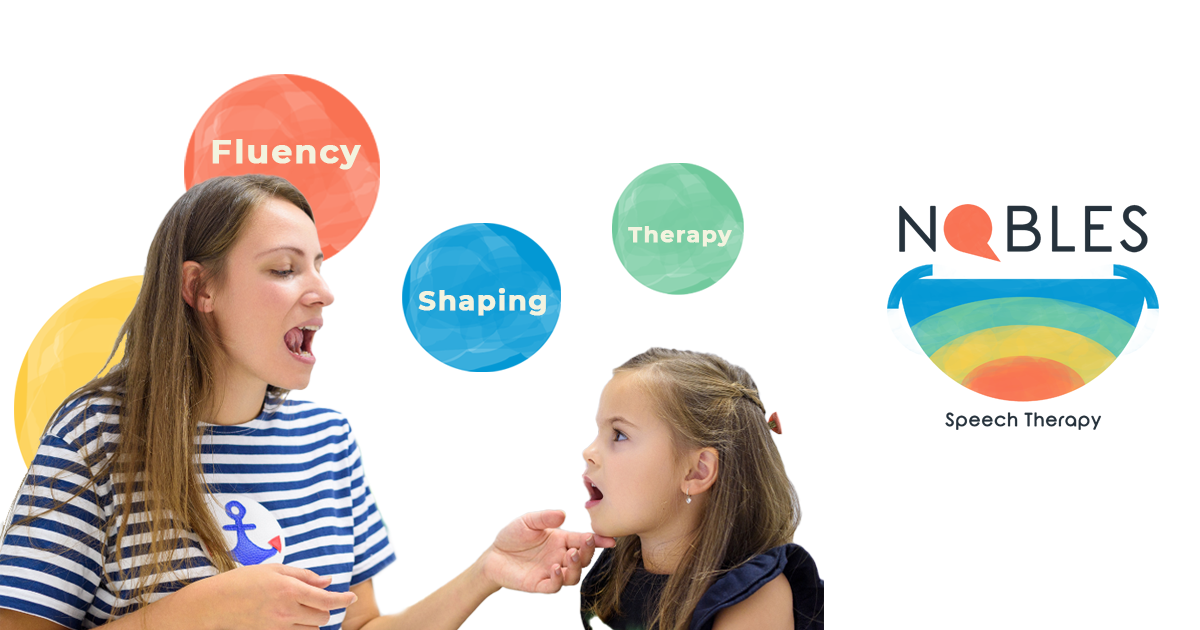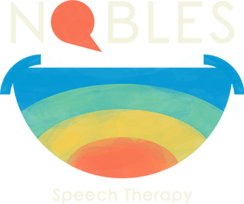Here are things you should know about kids stuttering.
Share This Page:

Stuttering is a common childhood problem that usually disappears on its own. However, some children continue to stutter into adulthood, which can impede their ability to communicate and damage their self-esteem.
Speech therapy can help many children who stutter, so if you're worried about your child's speech, it's worth consulting a speech therapist.
Transforming Lives through Early Stuttering Intervention
According to the National Institute on Deafness and Other Communication Disorders (NIDOCD),
stuttering is a fluency disorder affecting as many as three million Americans. Although most
preschoolers experience some form of stuttering when learning to talk, the NIDOCD says 75% will eventually develop usual fluency in speech. Here we look at what you should know about kids stuttering and the steps you can take to help them develop proper speech.
What Causes Stuttering in Children?
Although the cause of stuttering is unknown, it is most likely related to developing neural pathways associated with speech and language. As toddlers learn to speak, they are contending with thousands of words in a very short period. They also must learn how to express themselves, balance their emotions and use the right words to communicate.
With all this going on, it is not surprising young children stutter as they develop their speech and language skills. Many children who don’t usually stutter might stutter when they are excited or feel stressed, such as meeting new people or being asked difficult questions.
For most kids, stuttering is developmental, and they’ll outgrow it. However, according to the NIDOCD, about 25% of children develop chronic stuttering that can remain with them into adulthood. This impacts their ability to communicate as well as their self-esteem. That’s why it’s essential to seek assistance when you notice your child continues to struggle with stuttering. Early therapy can help them develop proper fluency at an early age.
How to Help a Child Who Stutters
Watching your child struggle to communicate due to a stutter can be painful. However, there are a few things you can do to help:
- Be patient and listen carefully, maintaining eye contact while they speak
- Avoid trying to complete their sentences or say the word for them
- Practice conversation with your child in a quiet setting, such as at dinner time, as often as you can
- Be conscious of how you speak, choosing a slower pace to show your child how to talk slowly to help avoid stuttering
- Create a calm environment where everyone is encouraged to speak freely without pressure
- Avoid drawing attention to their stutter
- Avoid stressful situations such as asking difficult questions in front of others or putting pressure on them when helping them with schoolwork.
- Praise them when they speak slowly and clearly and avoid correcting them too often.
- If you correct their speech, be positive and supportive, helping them with their pronunciation and being patient.
Remaining supportive is the best way to avoid your child developing self-esteem issues or becoming self-conscious about speaking. Have siblings and close family members use the same helpful tips so your child feels comfortable talking. This also presents more opportunities for them to practice speaking in a safe environment.

Can Speech Therapy Fix Stuttering?
Yes. Although not all stutters can be resolved entirely, they can be lessened to make it easier for your child to communicate. Stuttering occurs when a child has difficulty planning the motor movements required to express their thoughts. A trained speech-language pathologist helps improve this process, so your child can find their voice and overcome communication issues.
A child speech pathologist uses fluency shaping and other techniques to help reduce the severity of stuttering issues. Fluency disorder treatment also helps build your child's confidence and ability to express themselves clearly.
As children get older, they will become more aware of reactions from peers and teachers, which means they might avoid speaking or developing their language skills out of fear of pronouncing more difficult words. This can stay with them for life, interfering with their education, relationships, and career. A speech pathologist will encourage your child to speak more often, using stuttering therapy that reduces the severity and frequency of their stutter.

Does Developmental Stuttering Go Away?
Yes. Most children experience “disfluencies” as preschoolers that naturally go away as they become more confident and develop their language skills. When stuttering persists or worsens, early therapy is the best way to reduce or even completely overcome stuttering. Symptoms to watch for in your child include:
- Difficulty starting a sentence or word
- Prolonging sounds within a word
- Repetition of the same word, syllable, or sound when trying to speak
- Brief silence or pausing before saying the next word
- Constant interjections of sounds such as "um"
- Facial or upper body tension when trying to speak
- Reluctance to speak
- Building anxiety when talking
- Inability to communicate effectively
If Your Child Stutters, We Invite You to Learn More About Stuttering Treatment.
Share This Page:

About the Author
Myles Nobles is a pediatric speech pathologist in Laurel, MD. With patience and a friendly demeanor, he helps children from all walks of life develop independence, greater confidence, and social well-being by improving speech and language. Treatment plans address developmental, articulation, fluency, and other crucial language skills impeded due to autism and other challenges.




